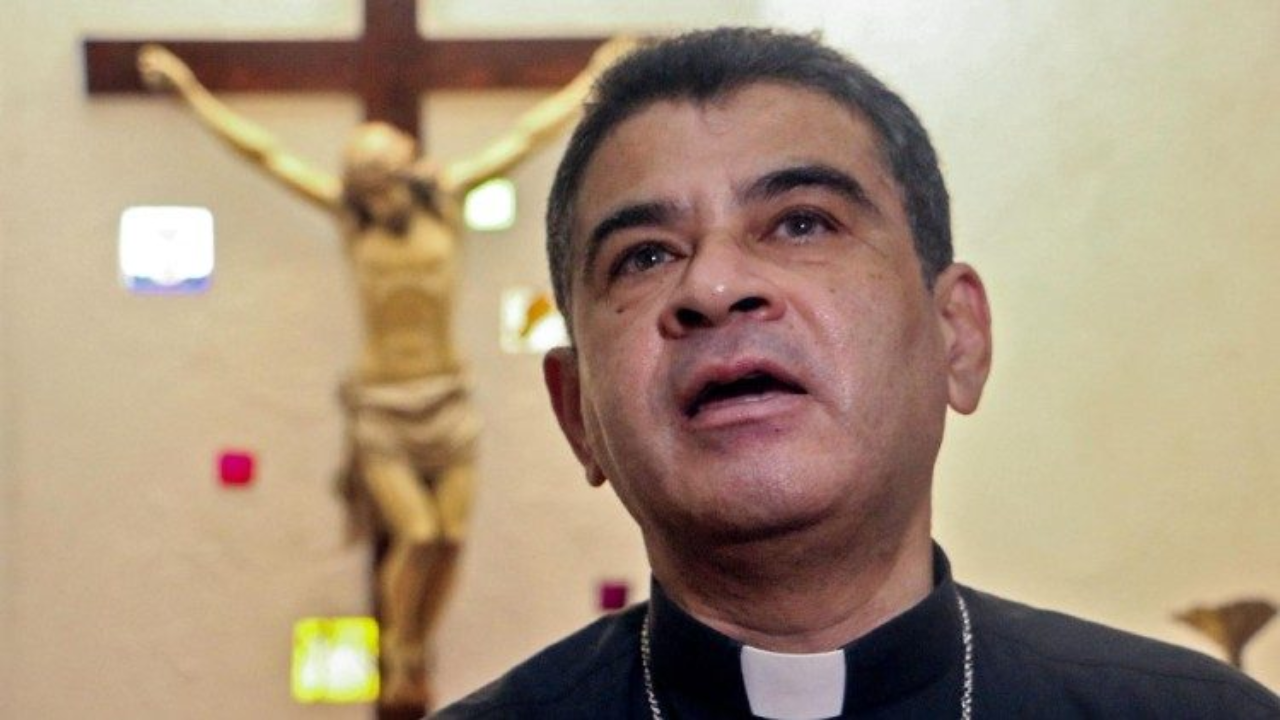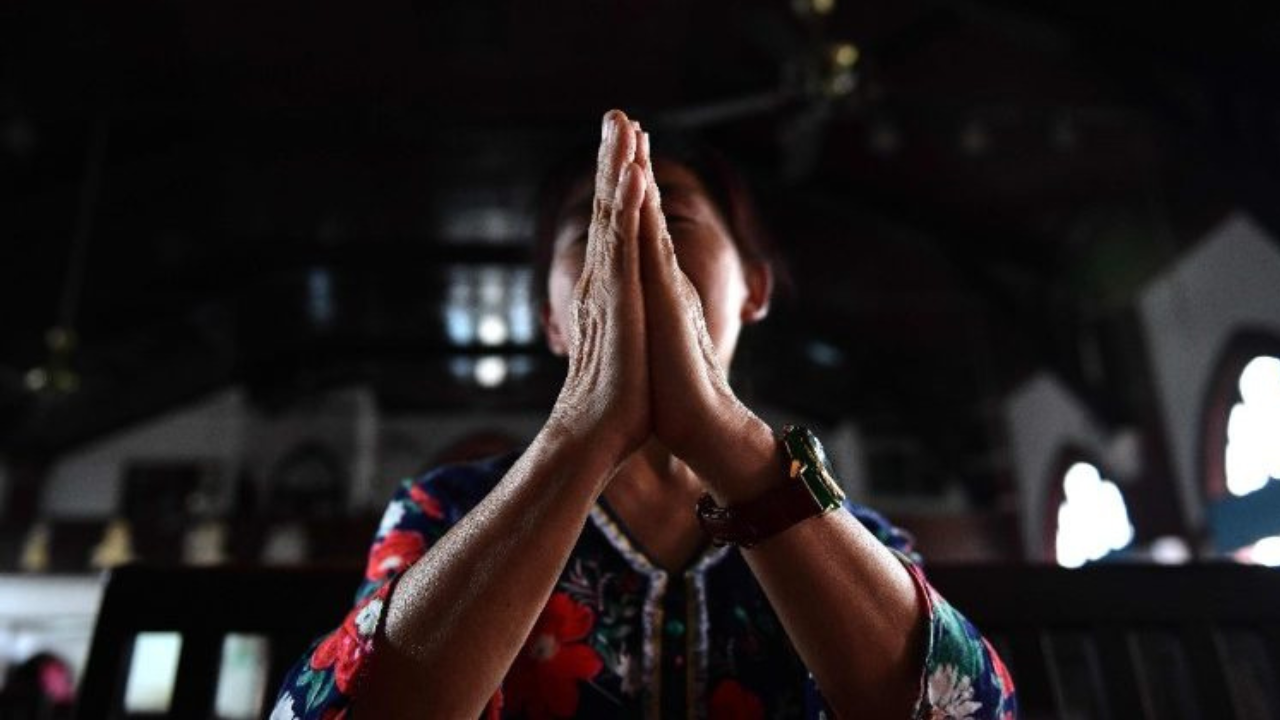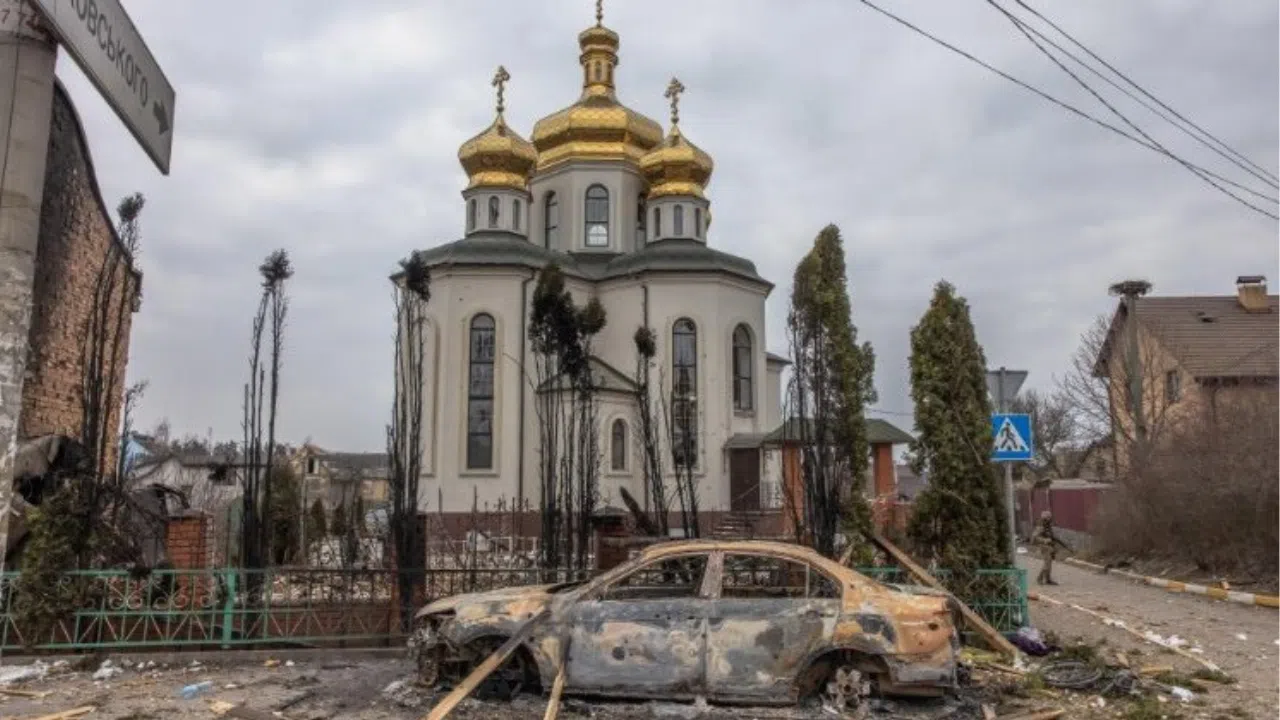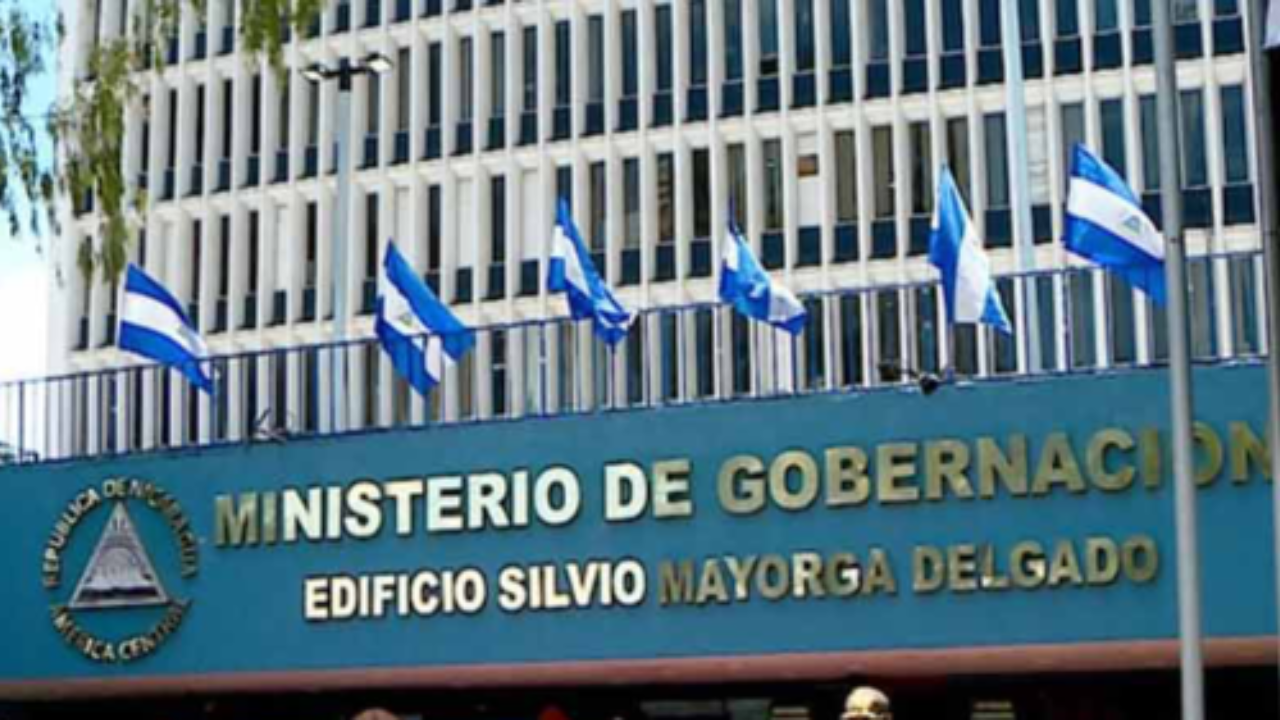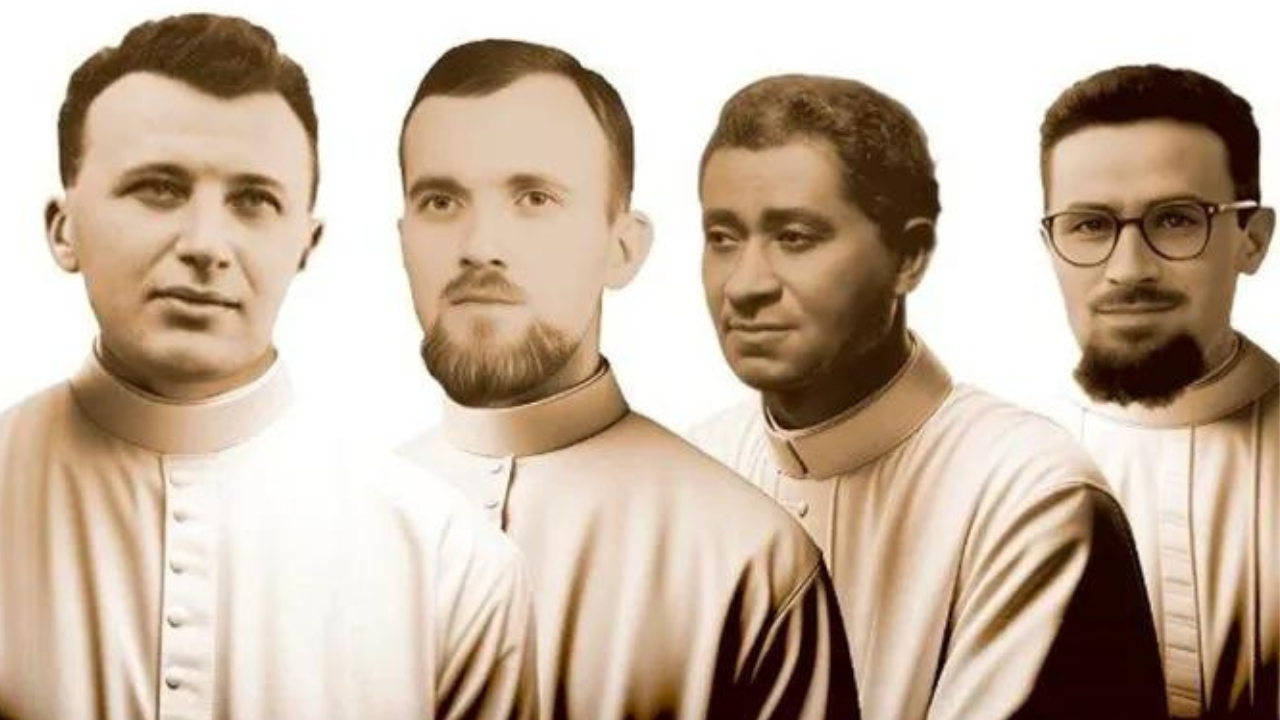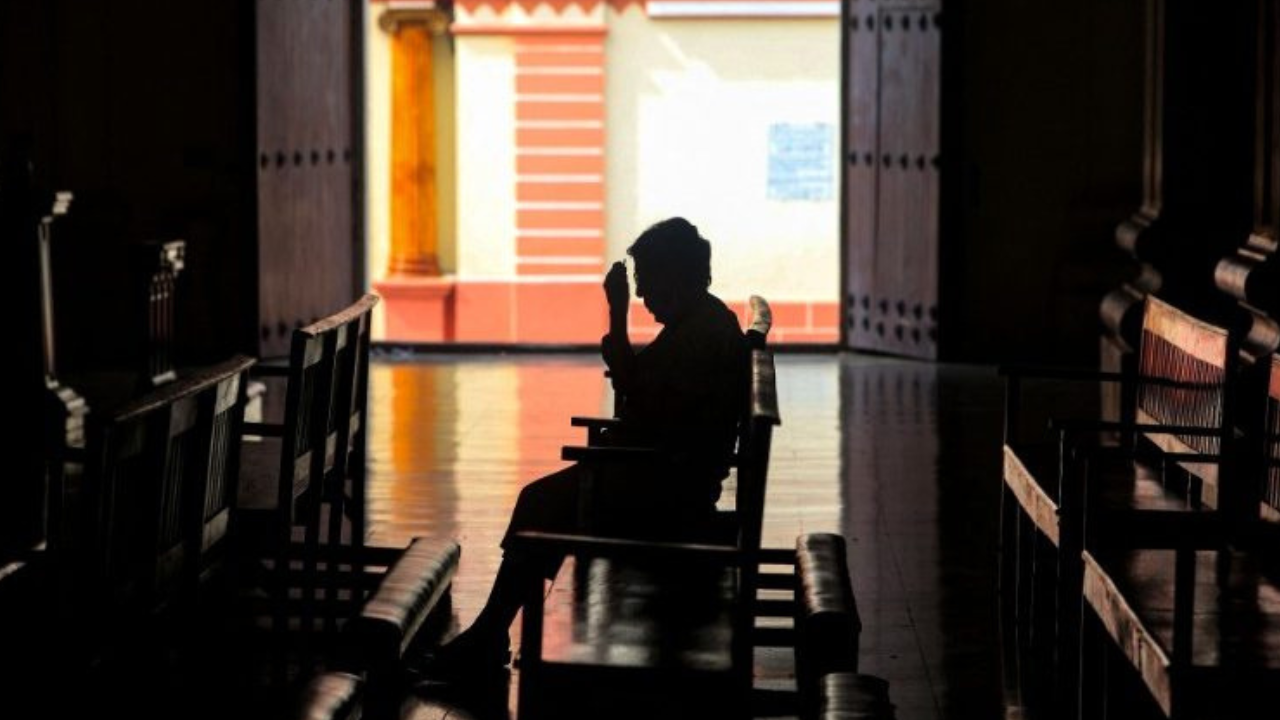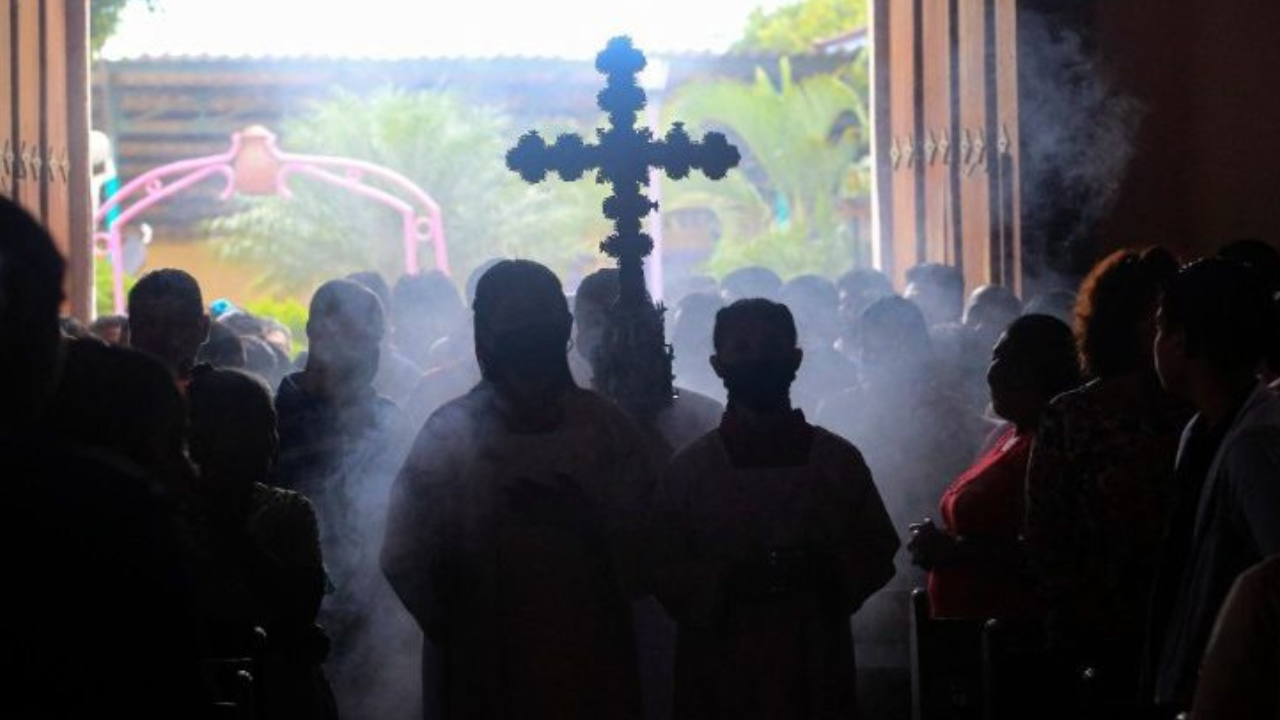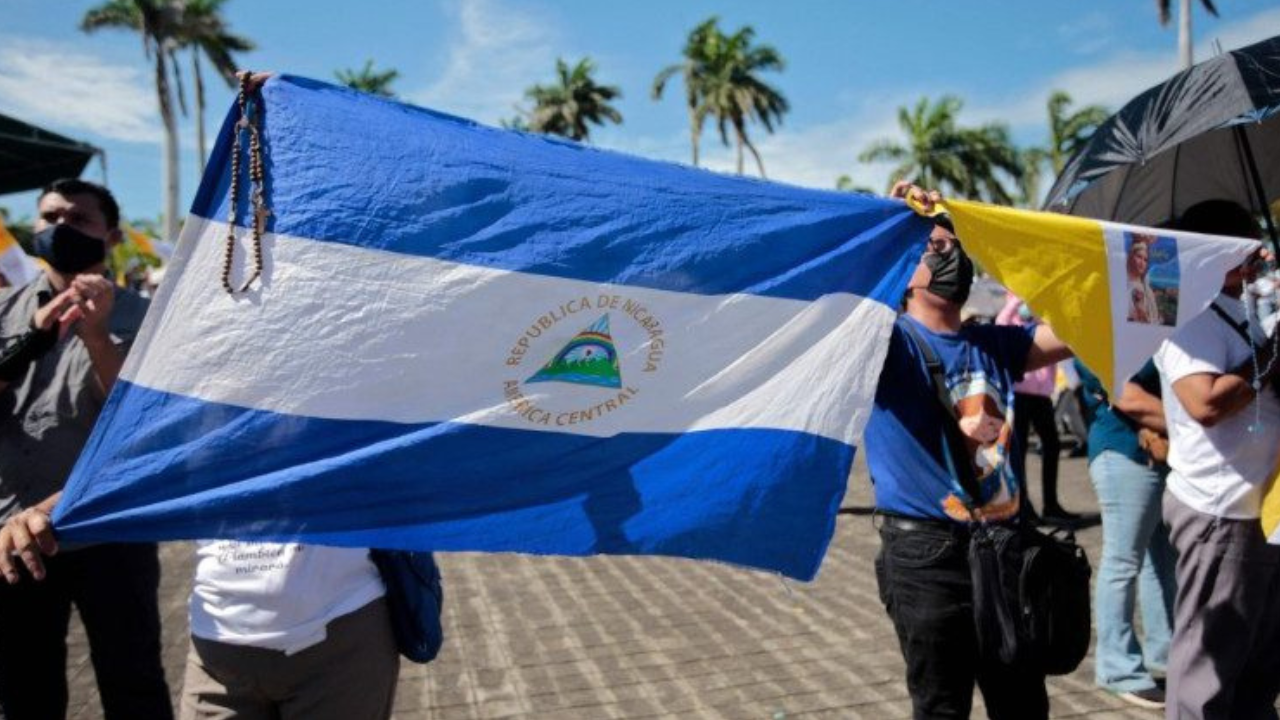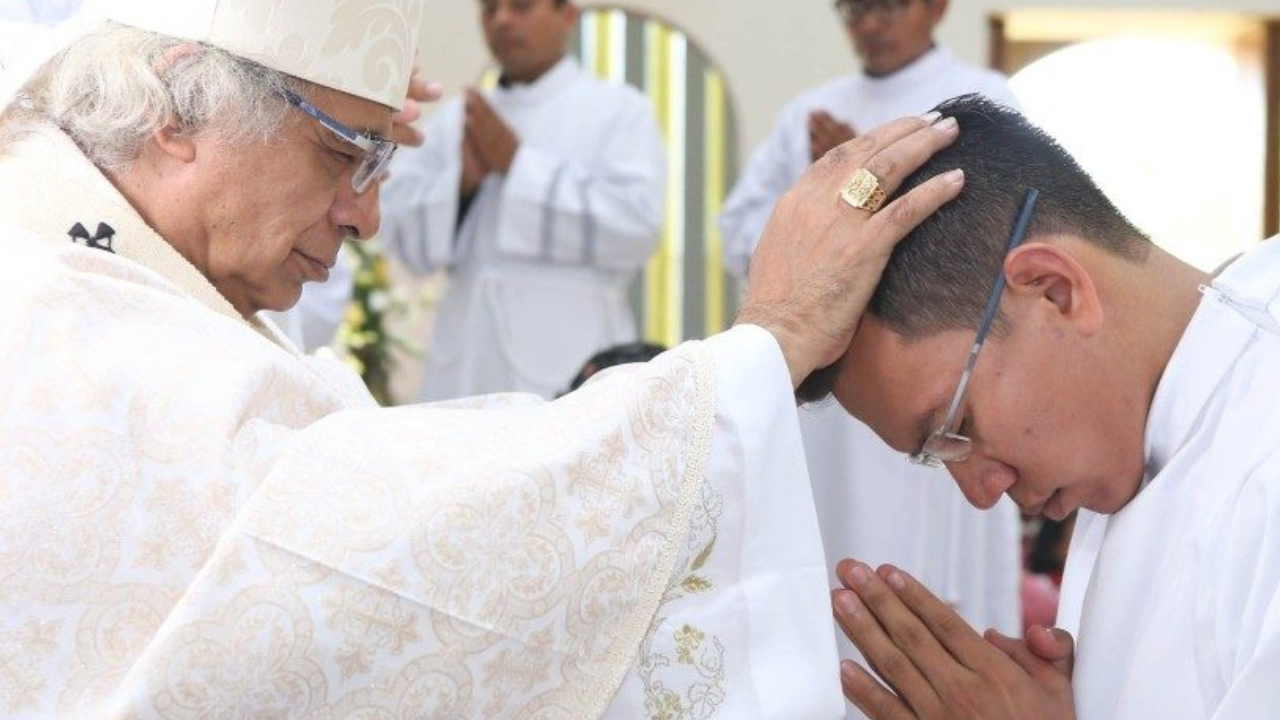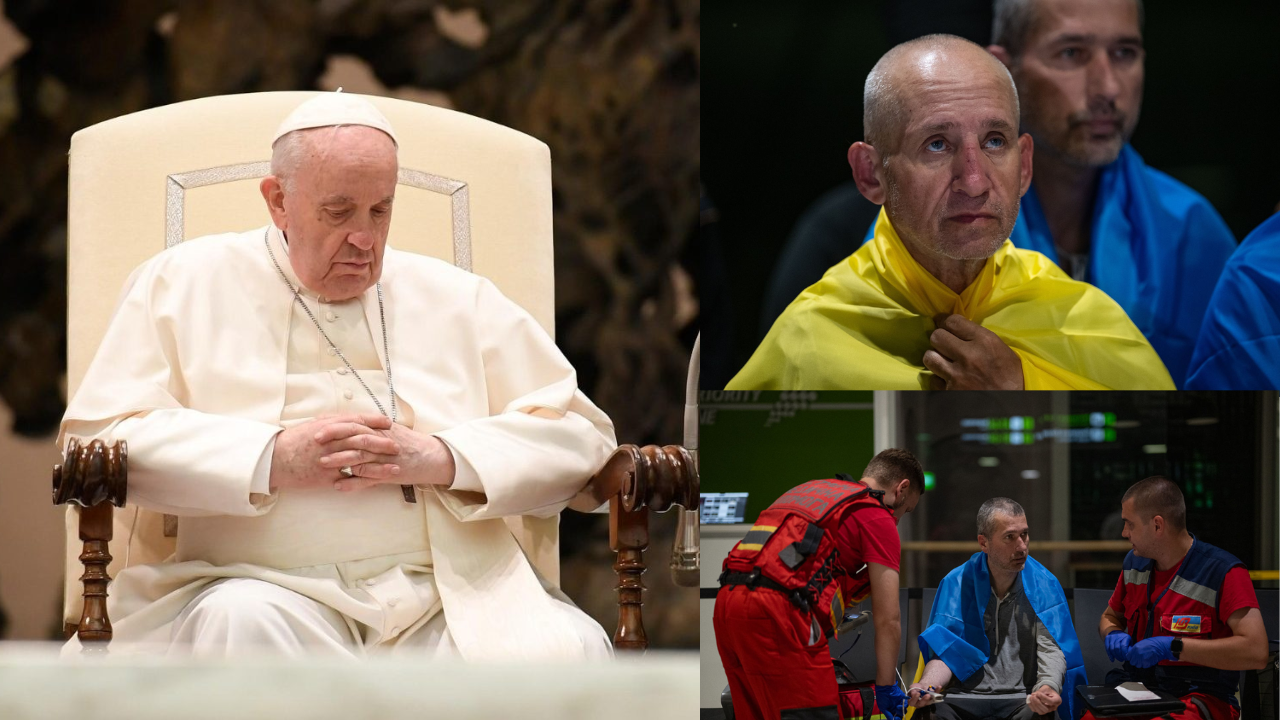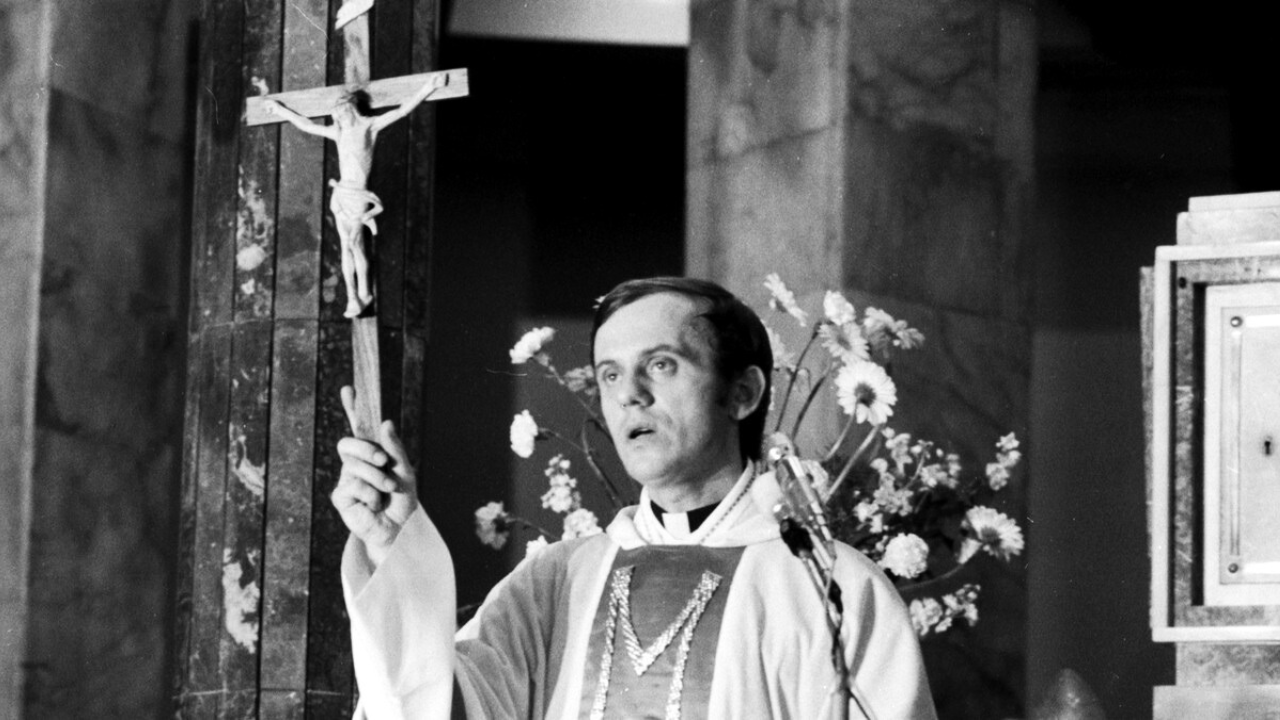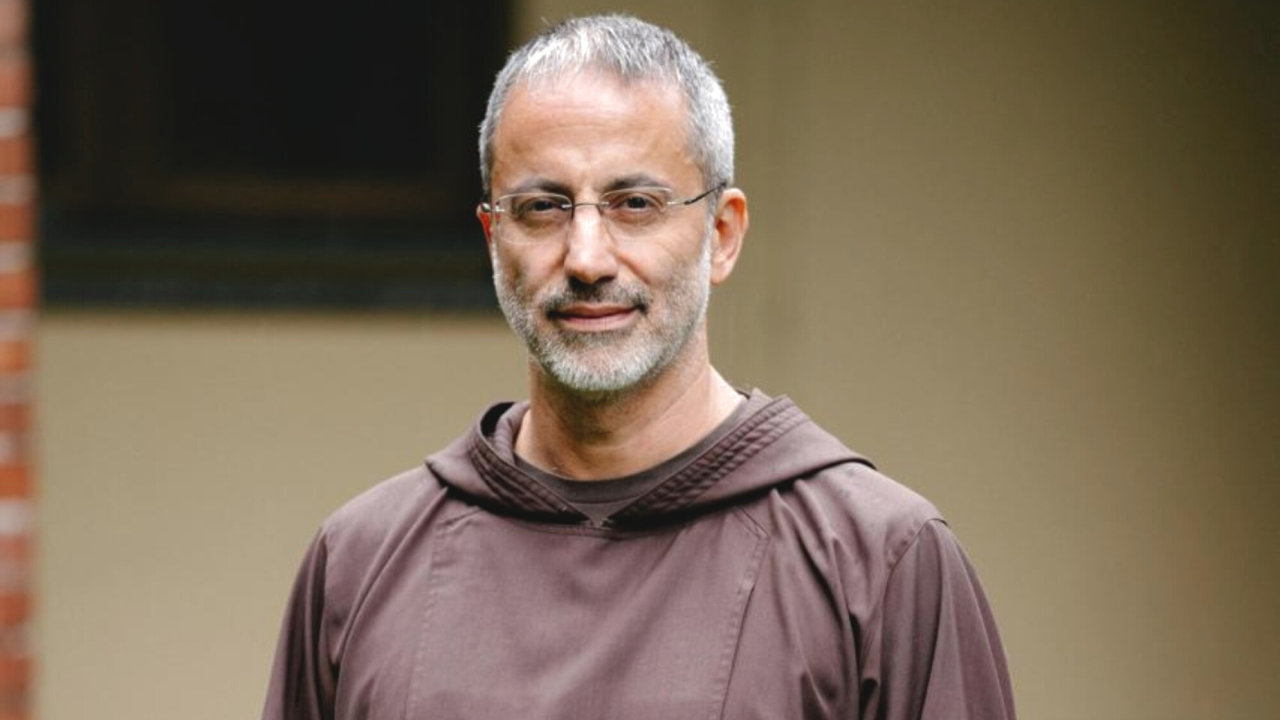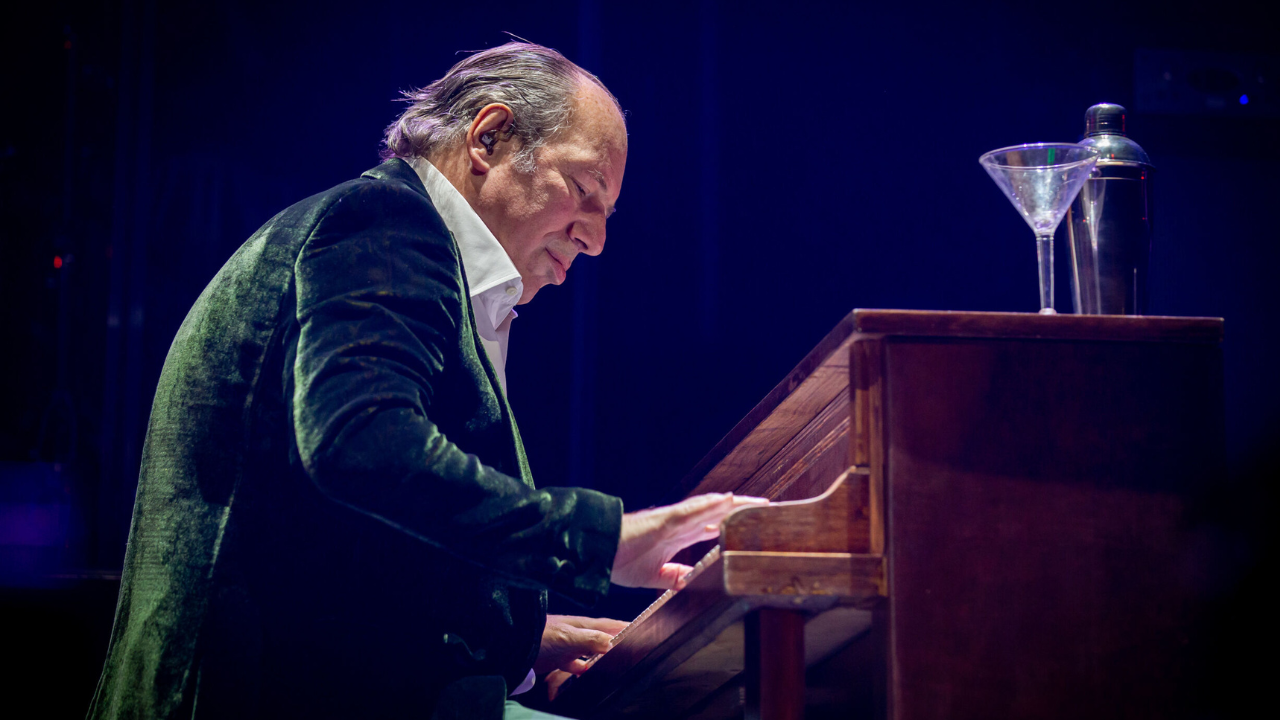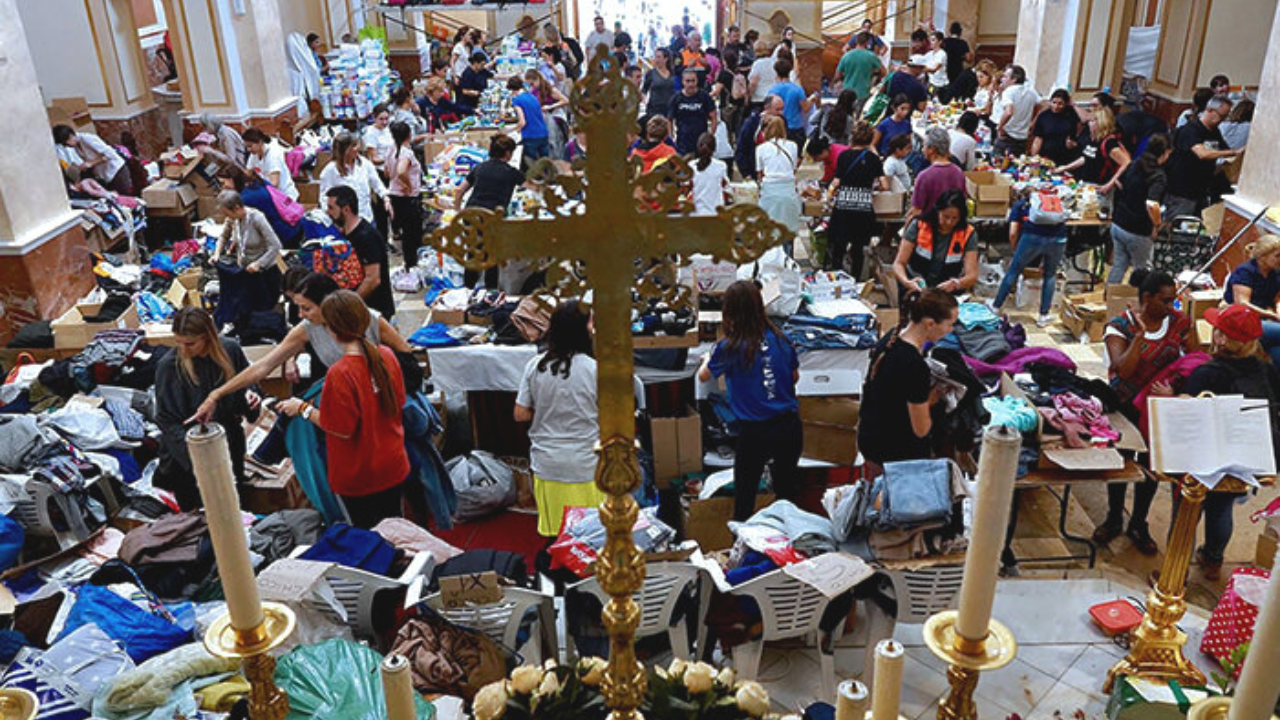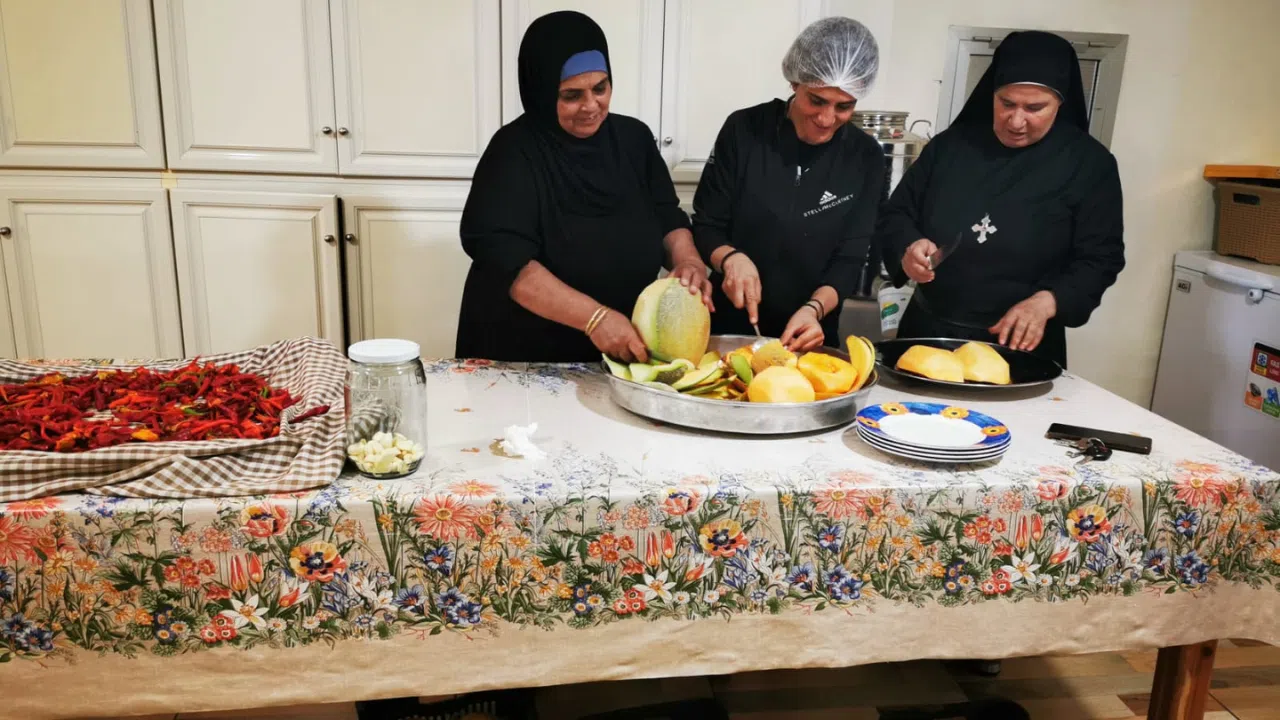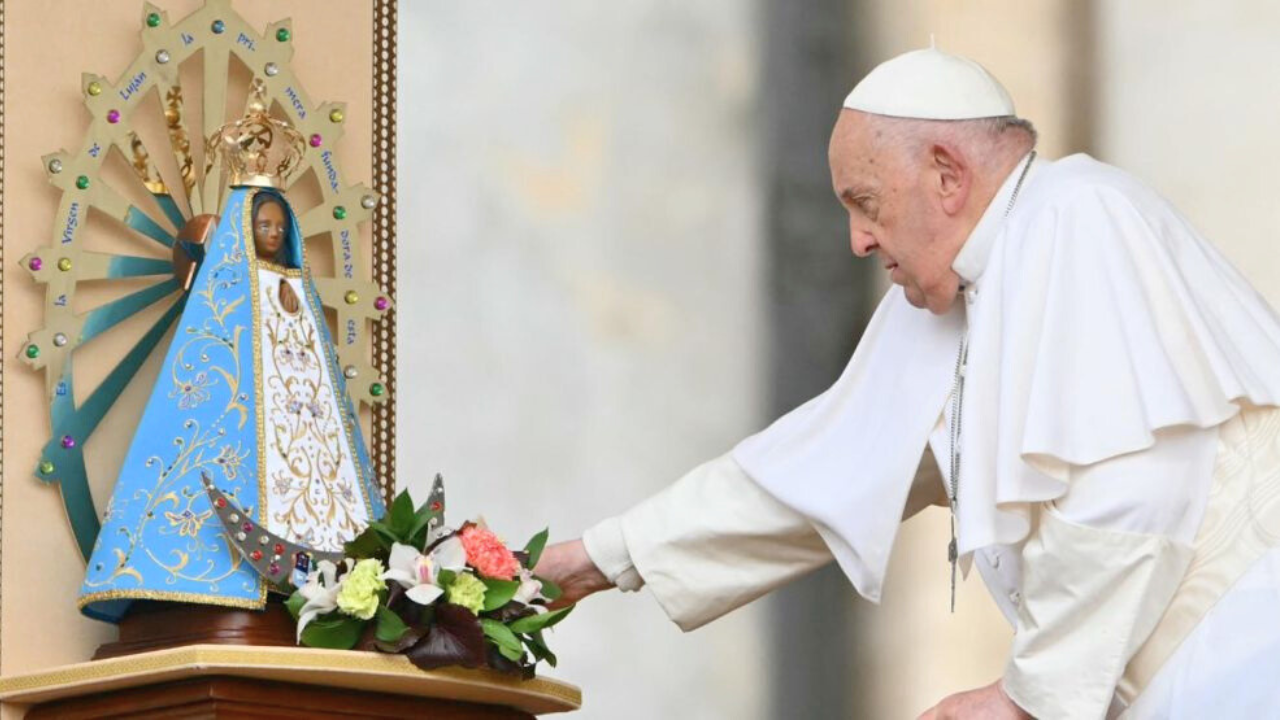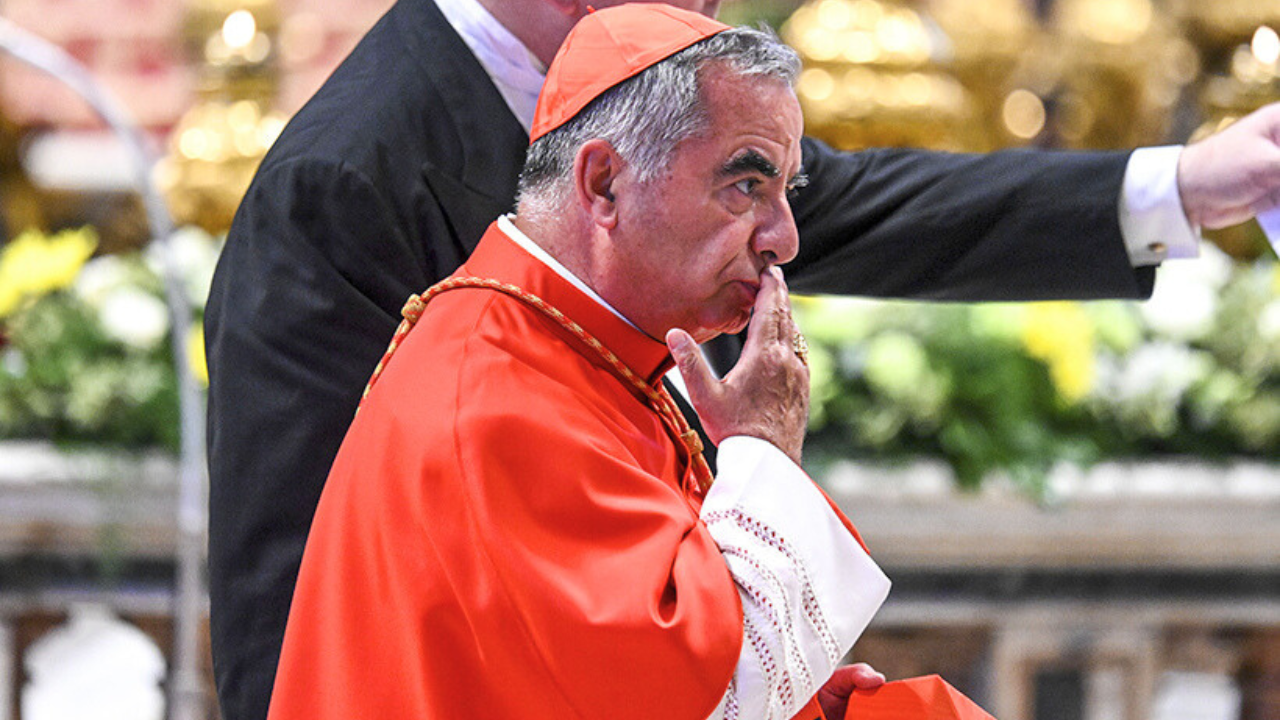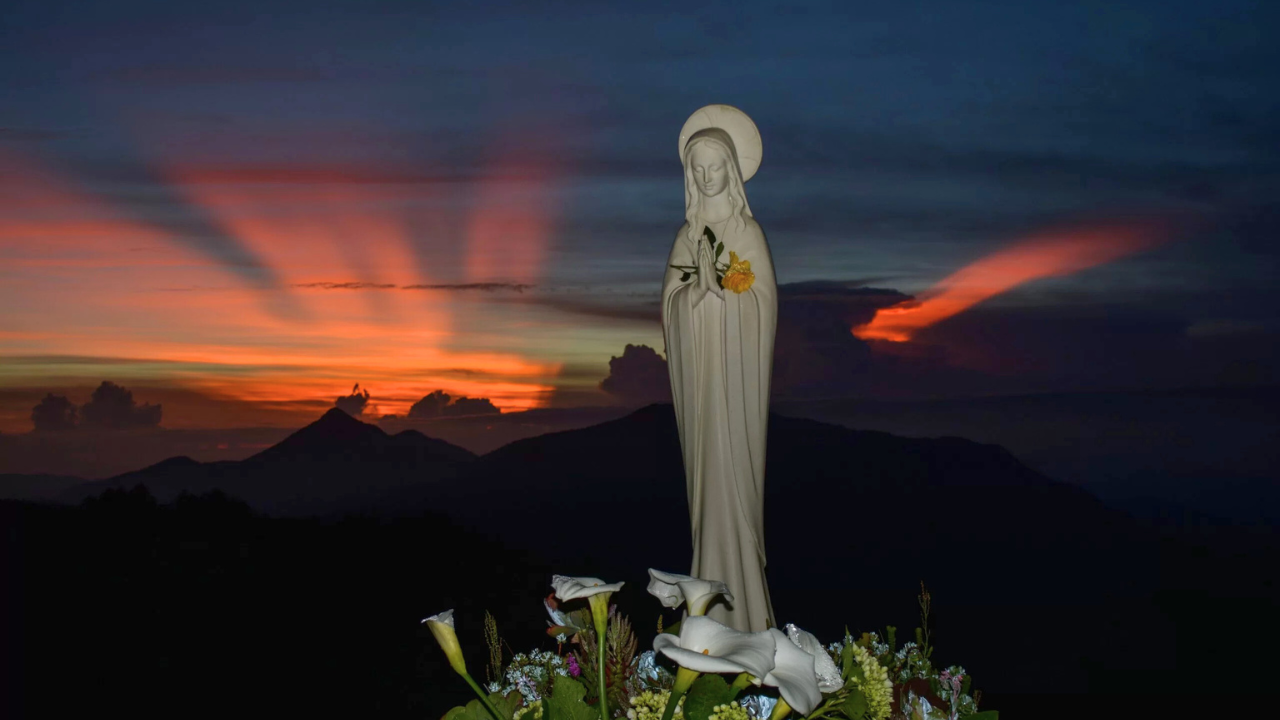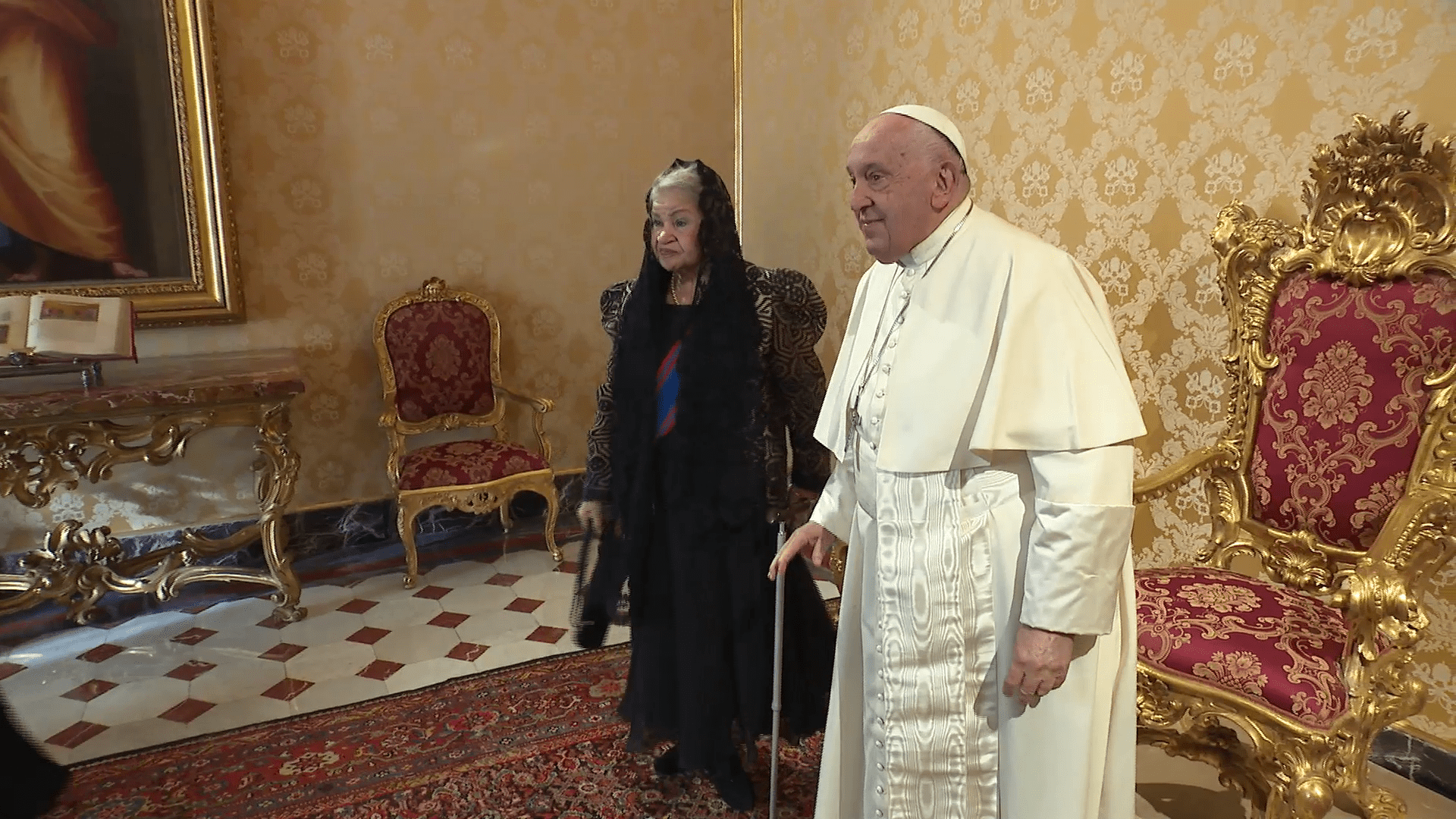There are four officially recognized religious groups in Eritrea: the Eritrean Orthodox Church, Sunni Islam, the Roman Catholic Church and the Evangelical Lutheran Church of Eritrea. This doesn't mean these groups boast unchecked religious freedom.
Eritrean priest Fr. Mussie Zerai explains that the government wants to limit religious groups' influence on society. This means that they're allowed to pray and worship, but not carry out charitable work in their communities.
FR. MUSSIE ZERAI
European Coordinator for Catholics of Eritrea
“The government closed our schools, our clinics, our hospitals. They also imposed a series of restrictions on freedom of the press, as the government has also closed all the Catholic Church's media agencies.”
Fr. Zerai explains that the country's Catholic bishops have written public letters to protest these actions.
FR. MUSSIE ZERAI
European Coordinator for Catholics of Eritrea
“They've also tried diplomacy. They've also tried mediation, hoping that the government will listen and respond, because what the Church does is for the good of the entire population. In our clinics, we treated 200,000 people each year. That's 200,000 non-Catholics, so our services aren't exclusively for Catholics.”
These limitations and violence have forced countless people out of their homes and into neighboring countries, including Ethiopia, where Fr. Zerai says there are at least 90,000 Eritrean refugees spread across the four main camps in the conflict-ridden Tigray region.
FR. MUSSIE ZERAI
European Coordinator for Catholics of Eritrea
“The peace treaty that was signed two years ago between the Eritrean and the Ethiopian governments had kindled for refugees the hope of finally being able to return home and restart their lives in their own country. That never happened though, as the idea of peace remained on paper only.”
That's why the Catholic Church and international organizations continue to look for a long-term, definitive solution to help these people return to their homes or integrate into new contexts, with access to education, the labor market and medical care. All this while attending to their immediate needs as displaced victims of war and persecution.
CT
